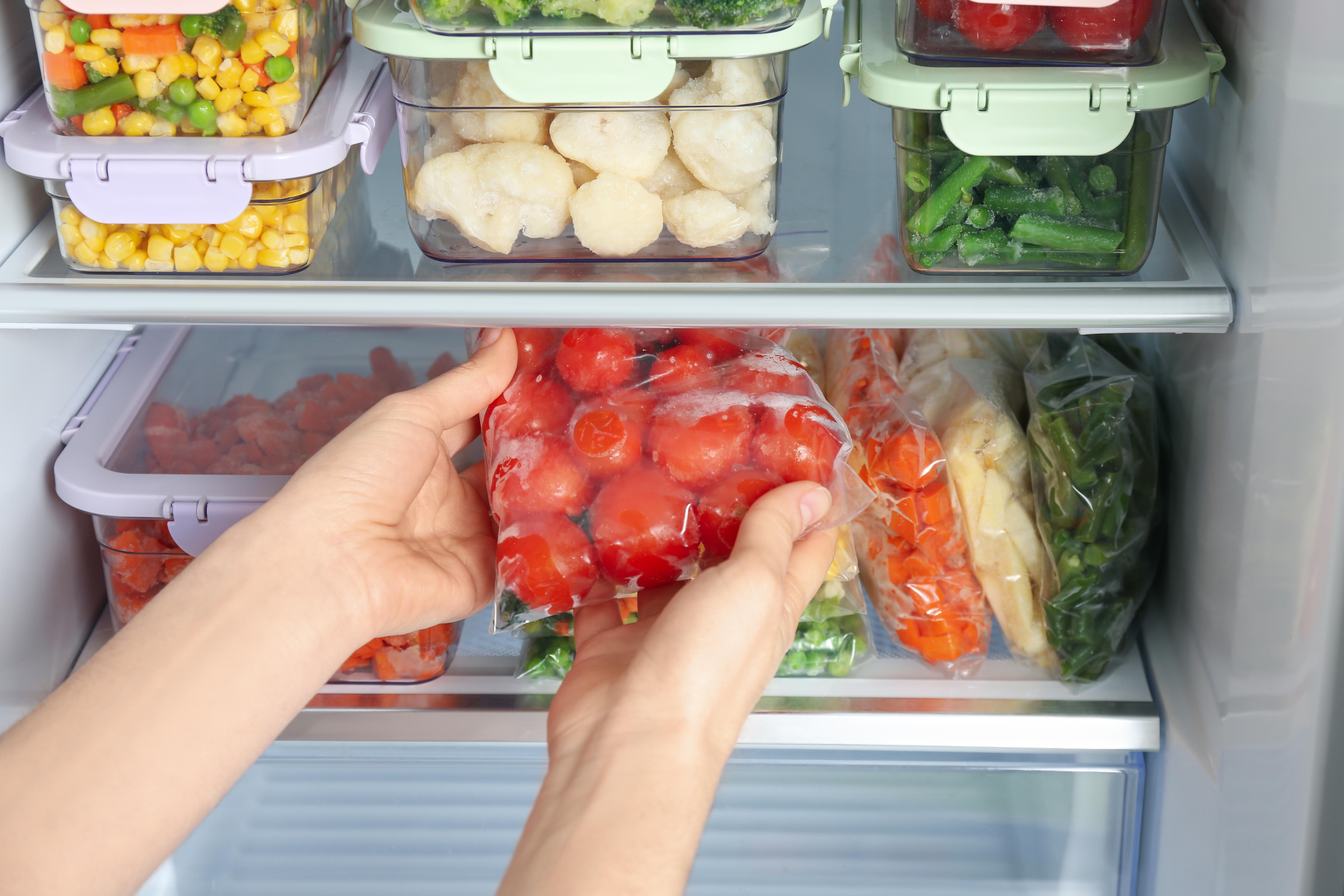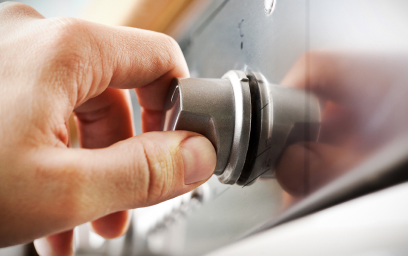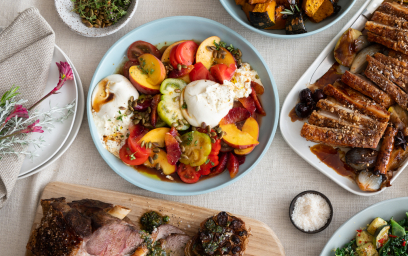Sustainable food preservation plays a key role in minimising waste, and it doesn’t have to be all about pickling, canning and salting produce. Preserving your regular groceries and meals efficiently can make a significant impact towards reducing your food waste and saving money.
Here are 7 ways of preserving food to make it last longer and contribute to reducing and managing food waste in your home.
1. Organise your fridge
Proper fridge organisation is essential for prolonging the life of your perishable foods, and it’s an easy way to practice sustainable food storage.
You don’t have to have Pinterest-worthy fridge shelving with cute labels on every item, but you should group like items together and make sure everything is properly covered or sealed. This is especially important with raw meat and fish, which should be stored at the bottom of the fridge, separate from other items, in case of leakage and cross-contamination.
Wherever it’s practical, group items together using clear containers. These help you to easily spot and grab what's inside, and prevent you from losing things at the back of the fridge.
For fruits, vegetables and dairy products, follow the ‘first in, first out’ rule to prioritise older items over newer ones.
2. Practice good produce placement
Some fruits and vegetables produce ethylene, a gas that helps with the ripening process. Ethylene is naturally occurring and harmless, but it can over-ripen and spoil ethylene-sensitive produce, making it harder to manage food waste.
A simple way to prevent premature spoilage of fresh produce is to separate ethylene producers like ripe bananas, apples, avocados, melons and stone fruit, from ethylene-sensitive items such as leafy greens, berries, brassicas and capsicums. It’s a small adjustment that can have a big impact on freshness.
If your fridge has multiple produce drawers you can separate your ethylene producers from your ethylene-sensitive foods in those. Otherwise, reusable food storage bags and plastic or glass containers with lids are good options.
3. Vibrant herbs and greens
Keep herbs by wrapping them in a damp paper towel and placing them in an airtight container or resealable plastic bag. You’ll find they stay fresh for days longer than if you throw them into the crisper drawer uncovered or wrapped in plastic supermarket packaging. No more using two sprigs of something and throwing the rest away!
For leafy greens and lettuce, wash and dry well as soon as you bring them home from the shops, then store them in a sealed container. You’ll not only have fresher leaves, but the small effort you made to store them properly means you can just grab and go whenever you want to make a salad.

4. Freeze smart
When freezing batch-cooked or leftover meals, divide large portions into smaller, meal-sized containers. This way, you'll avoid thawing more than needed and leaving uneaten portions to spoil in the fridge. Label and date containers for easy tracking of freshness.
For bonus sustainable food storage points: if you have excess fresh vegetables that are going to spoil, blanch and freeze them! You’ll maintain their colour, flavour and texture. And if you chop them before freezing, you’ll have pot or pan-ready veg at your fingertips next time you’re cooking.
5. Invest in a vacuum sealer
Vacuum sealing can extend the shelf life of raw and cooked meats, fruits, and vegetables by removing air from the packaging and making it harder for some bacteria to grow. Vacuum sealing also helps prevent freezer burn and preserves the taste and quality of your food.
In the past, vacuum sealers only worked with single-use plastic bags, but you can now find many reusable, sustainable food storage bags that work with most of the machines on the market.
Explore our range of built-in vacuum drawers and visit us in-store for a demonstration.
6. Dehydrate excess fruits and vegetables
Dried fruits and vegetables make great snacks and cooking additions, and you can easily DIY them at home. It’s sustainable food preservation at its best, allowing you to keep and use produce for months that would otherwise spoil in a few days or weeks.
It's remarkably easy to dehydrate fruits and veggies in the oven. Just turn it to the lowest setting, cut your fruit and veg into 2.5cm slices, and put them in the oven on a lined sheet pan for as long as they need, usually 6 to 8 hours
7. Make use of glass jars
Versatile, inexpensive and environmentally friendly, glass jars are ideal for home food preservation. As well as preserving homemade jams, pickles and sauces, they keep out pantry pests when storing dry goods and they don’t retain odours like plastic containers can.
Glass allows easy visibility, helping you know what you have so you can use up ingredients more readily.
Taking small steps in sustainable food preservation can significantly reduce our ecological footprint and combat food waste. Implementing these 7 ways of preserving food in your kitchen not only ensures fresher, tastier food but also contributes to a more sustainable future.









